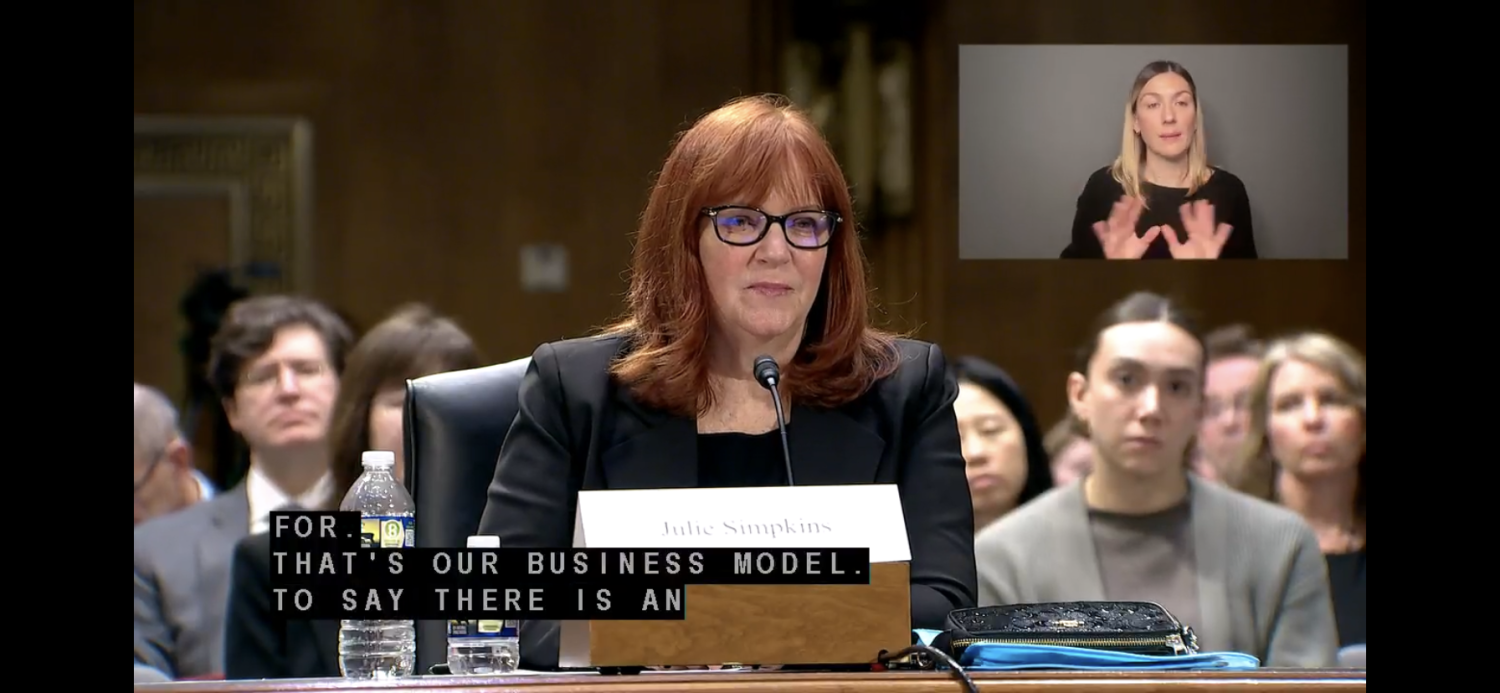By Yvonne Lee, Administrator of Heritage Woods of Manteno Affordable Assisted Living Community in Manteno, IL.
Last week, I attended the Senior Legislative Forum at the Executive Center in Kankakee, Illinois. One of the topics was Elder Abuse. Having spent my entire career working with the elderly, this issue is of great concern to me.
According to Ranelle Egsti from Catholic Charities, the number of reported cases of elder abuse in Kankakee County alone increased from 58 to 160 reported cases in just one year. Nationwide, an estimated 2.1 million older Americans are victims of physical, psychological or other forms of abuse or neglect every year. These statistics may not tell the whole story. For every case of elder abuse that is reported, experts estimate that there may be as many as five cases that have not been reported.
With the rise in unemployment nationwide there has been a rise in financial abuse and exploitation. Family stress is often a factor that can trigger abuse. People who have lost jobs are often forced to move in with family members once they have exhausted their unemployment benefits. Often the fact that everyone is now sharing the same living quarters creates stress and tension.
The risk of elder abuse becomes greater if the older person becomes ill and requires the assistance of a caregiver. Families often are unaware of the resources and assistance that is available, and family members who take on the role of a caregiver in such situations often feel trapped and develop feelings of hopelessness. They may find themselves being torn between the expectation to provide care and the need to seek employment.
Families usually have the best intentions in mind in the beginning, but then find themselves struggling for a way to survive. What may start out as a willingness to accept a small loan from a parent or loved one may eventually turn into passive financial abuse.
Financial abuse or exploitation is the illegal or improper use of another person’s money or property for personal profit or gain. Passive financial abuse is often the result of caregiver overload.
What are some of the indicators of material or financial abuse?
- Caregivers declare undying affection for the older person and begin to isolate them from long-term friends or family members.
- Caregivers make promises of lifelong care in exchange for deeding all property and/or assigning all assets over to them.
- Unusual banking activity is noted during a brief period of time, switching accounts from one bank to another, or ATM activity by a homebound elder.
- Bank statements and credit card statements no longer come to the older adult.
- The caregiver only expresses concern regarding the financial status of the older person and does not ask questions or express concern regarding the physical and/or mental status of the older adult.
- Signatures on checks and other documents do not match the signature of the older person.
- The older adult is not allowed to speak without the caregiver present.
- The older adult displays signs of being over medicated or sedated.
What are some other types of elder abuse?
- Physical abuse – Use of force to threaten or physically injure an older adult.
- Emotional abuse – Verbal attacks, threats, rejection, isolation, or belittling acts that cause or could cause mental anguish, pain or distress to a senior.
- Sexual abuse – Sexual contact that is forced, tricked, threatened, or otherwise coerced upon a vulnerable older adult, including anyone who is unable to grant consent.
- Neglect – A caregiver’s failure or refusal to provide for a vulnerable older adult’s safety, physical or emotional needs.
- Abandonment – Desertion of a frail or vulnerable elder by anyone with a duty of care.
- Self-neglect – An inability to understand the consequences of one’s own actions or inaction, which leads to, or may lead to, harm or endangerment.
- Exploitation – Theft, fraud, misuse or neglect of authority, and use of undue influence as a lever to gain control over an older person’s money or property.
In Illinois, Senate Bill SB 1689 is expected to be passed shortly which would add two categories to the current list of those required to report suspected elder abuse. Currently, in addition to doctors, hospitals and care facilities, anyone who holds a professional license of any kind is mandated by law to report suspicions of abuse. Once this bill is passed it will extend the mandated reporting requirement to include officers, trustees, and employees of banks, savings and loan institutions, credit unions, currency exchanges and their employees.
What should you do if you suspect elder abuse? Report your concerns immediately. Remember, most cases of elder abuse go undetected. Don’t assume that someone has already reported a suspicious situation. You can call the 24-hour Elder Abuse Hotline operated by the Illinois Department on Aging at 1.866.800.1409. You may also call your local Elder Abuse Provider Agency – a list and contact information is available at http://www.state.il.us/aging/1directory/elder_abuse.pdf
Remember, elder abuse can happen to any older individual – your neighbor, your loved one – it can even happen to you.
Yvonne Lee serves as Administrator of the Heritage Woods of Manteno affordable assisted living community one of 33 senior living communities managed by BMA Management Ltd.
All affordable assisted living communities managed by BMA Management, Ltd. are certified and surveyed by the Illinois Department of Healthcare and Family Services. All assisted living communities are licensed and surveyed by the Illinois Department of Public Health.
“BMA Management, Ltd. is the leading provider of assisted living in Illinois
and one of the 20 largest providers of assisted living in the United States.”
What are your thoughts? Leave a comment and let us know.




